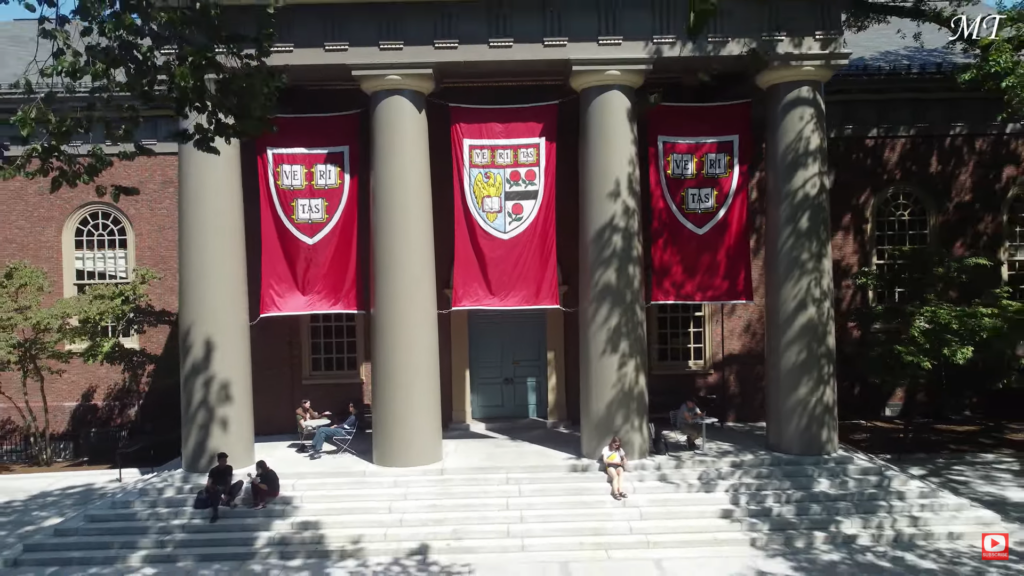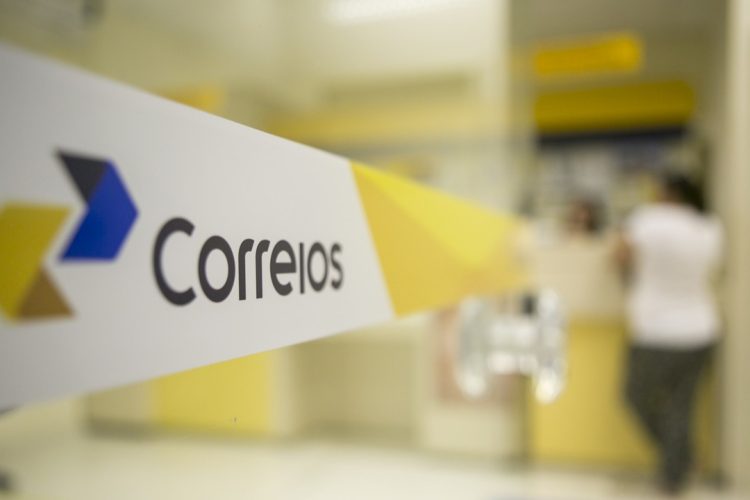
It’s no secret that higher education has been a mess for some time now. From DEI initiatives to seemingly never-ending protests to the skyrocketing college debt crisis to the ridiculous ideological imbalance amongst professors, our once hallowed institutions of higher learning are ripe for root-and-stem reform.
But just when it seemed that the American college experience couldn’t become any worse, artificial intelligence came roaring onto the scene. Now, instead of popping Adderall and Ritalin to power through finals like the good old days, college kids are now pawning their assignments off on AI.
This all comes as college professors (many at supposedly prestigious institutions) bemoan that their students either can’t be bothered to read normal college-level assignments or simply can’t because of their limited vocabulary and critical thinking skills. Even professors at notoriously leftist schools have had enough, venting their frustration at any left-of-center outlet that will listen.
These students are supposedly going to college for a particular area of study, meaning they theoretically want to learn about it. Yet they just pass on their assignments on to ChatGPT. How are they supposed to have jobs in STEM, or even subjects like literature, if they can’t even comprehend the material without AI?
If AI is producing all their work in college, isn’t it reasonable to assume that it will continue to be a crutch for them when they become chemists, lawyers, or even teachers themselves? Then the question becomes whether or not the student, given the (non)education he’s received, is worth hiring at all. AI can do it better.
Crib sheets, CliffsNotes, and stimulants are one thing, but relying on a machine to complete even simple assignments, and therefore forgoing any attempt to engage with the material, presents a looming competency crisis. Not only does it pose an existential danger to how our society and economy functions, it poses a threat to the broken diploma pipeline model embodied by today’s higher education system.
The solution to this epidemic seems rather obvious. Students may use AI as a research assistant, no different from Google Scholar, but submission of any assignment or essay that has a single sentence crafted by anything other than the student’s own mind should receive an immediate failing grade as well as a referral for expulsion. Some smaller schools, like my alma mater Washington and Lee University, already have an honor system in place that has the same expectations and penalties.
An even stricter move would be to heavily weight course grades toward in-class tests and essays done with pencil and paper with no devices allowed (besides maybe calculators for STEM classes).
But faculty and university administrators don’t seem to be moving toward more stringent forms of assessing their students’ knowledge. Instead, they seem content to vent their frustration to left-leaning outlets or, in several recent cases, adopt the use of AI themselves. Rather than veritas, some professors prefer “if you can’t beat ’em, join ’em” as a motto.
Though many professors are surely exasperated by the erosion of students’ curiosity and the university experience more generally, college administrations have very little incentive or appetite for the zero tolerance policies required to return a degree of rigor to campus instruction. For one, any efforts to enforce any standards would be met with accusations of some kind of “-ism” discrimination. Some students have already begun to complain that anti-AI measures impede their “learning styles.”
But more importantly, most higher education institutions no longer see their students as people to be educated or tested but instead as revenue units — a pretext for raking in more precious state and federal dollars. Colleges have become a highly lucrative business in which they amass gigantic endowments in exchange for the illusion of education. The federal government spent $60 billion to support R & D at universities in FY 2023, in addition to $121 billion a year for student loans, grants, and work-study programs, while state and local governments spent $311 billion in 2021. As long as kids continue to attend and continue to leave with diplomas, thereby continuing the illusion, it doesn’t matter to the administration whether they’re being “educated” by a professor or an AI.
AI highlights the perfect storm that afflicts the higher education system in this country. The lure of easy credit and an easy diploma brings in otherwise apathetic students, who leave college with a mountain of debt and a piece of paper, cheapened even further by the new AI craze. Universities then unleash undereducated “adults” out into society.
Students, as all young people are wont to do, are prone to taking the easy way out of having to do hard work, even if it’s worthwhile in the long run. But that problem is compounded when universities have nothing to offer except insane ideological brainwashing, rote memorization, and a participation trophy (i.e., a diploma) after four years. The proliferation of AI is just the latest failure of our higher education system to equip students with the proper critical thinking skills to be good citizens, but it might just be the last.
Hayden Daniel is a staff editor at The Federalist. He previously worked as an editor at The Daily Wire and as deputy editor/opinion editor at The Daily Caller. He received his B.A. in European History from Washington and Lee University with minors in Philosophy and Classics. Follow him on Twitter at @HaydenWDaniel


